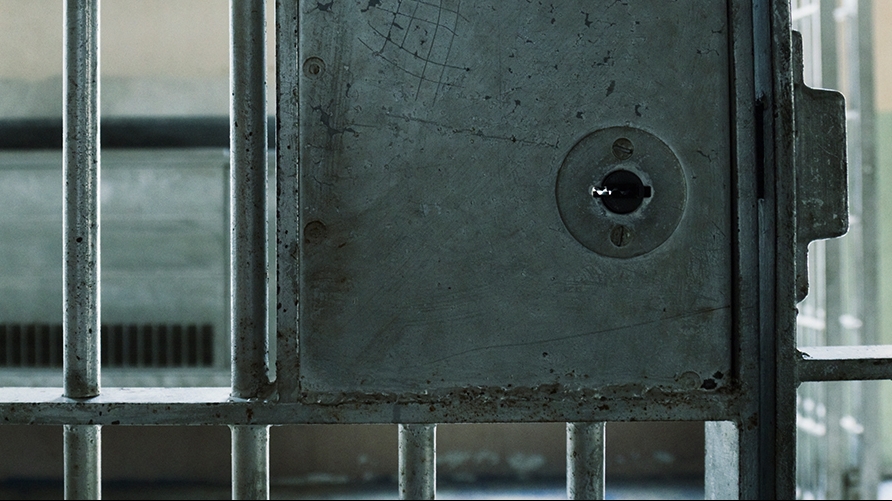By Josh Moon
Alabama Political Reporter
A spokesperson for the Alabama Department of Corrections acknowledged that it ended contracts with several county sheriffs to house prisoners but said the change was due to budget cuts and not an effort to artificially inflate the prison population.
Several sheriffs earlier this week expressed frustration to lawmakers over the transfer of those prisoners and a lack of communication with DOC officials. The sheriffs at the meeting – six in all – said they had nearly 1,000 empty in their jails alone because of the transfers.
The timing of those transfers – at the front end of the debate over Gov. Robert Bentley’s proposal to build four new prisons at a cost of $800 million – left many of the sheriffs, and several lawmakers, with the impression that DOC was stacking prisoners in order to make a better case for the new facilities.
But DOC’s Bob Horton said the transfers were instead in response to legislative budget cuts in the 2015 Session, which cut the DOC budget by $12 million.
Horton said DOC had contracts with nine sheriffs to house 330 prisoners at a cost of $1.8 million per year. In addition, it had a contract with the Alabama Therapeutic Education Facility in Columbiana to house 700 inmates at a cost of more than $7 million.
“To mitigate the budget shortfall, the ADOC decided to cancel contracts with county jails and reduce the inmate census at the ATEF to 350 which matches the earmarked appropriation in our annual budget,” Horton said. “The marginal cost associated with bringing the inmates back into ADOC facilities is less than $7 a day.”
That $7 figure is what sheriffs say DOC spends on inmate health care. Former DOC commissioner Kim Thomas told media outlets on numerous occasions that it costs at least $42 per day to house State prisoners.
In addition, Clarke County Sheriff Ray Norris said during Wednesday’s meeting that DOC officials also transferred out dozens of prisoners that sheriffs were housing for free.
A new prison bill passed the Alabama Senate on Thursday. It allows for three new facilities to be built in the State but only if two counties agree to secure the financing to build two of the three facilities, which the State would then lease.
That plan faces an uphill battle in the House, where a group of lawmakers are pushing a plan that incorporates more county facilities. That group is led by Rep. Johnny Mack Morrow, who distributed a sheet at the meeting last week showing that utilizing current county facilities and spending only a $50 million bond issue approved several years ago could reduce the State prison population in current State-run facilities to less than 14,000.
As part of the response to APR, Horton noted that Morrow’s figures for the total prison population were a bit off. Morrow began with a total of 23,328 prisoners. Horton said those numbers are a year old. The 2016 population was 22,750 – another reduction in what has been a steady decline. In 2015, the number was 24,191.
Those declines are mostly due to sentencing reform measures passed several years ago. The population is expected to dip below 20,000 by 2020, a DOC official told lawmakers at a recent committee meeting.





















































